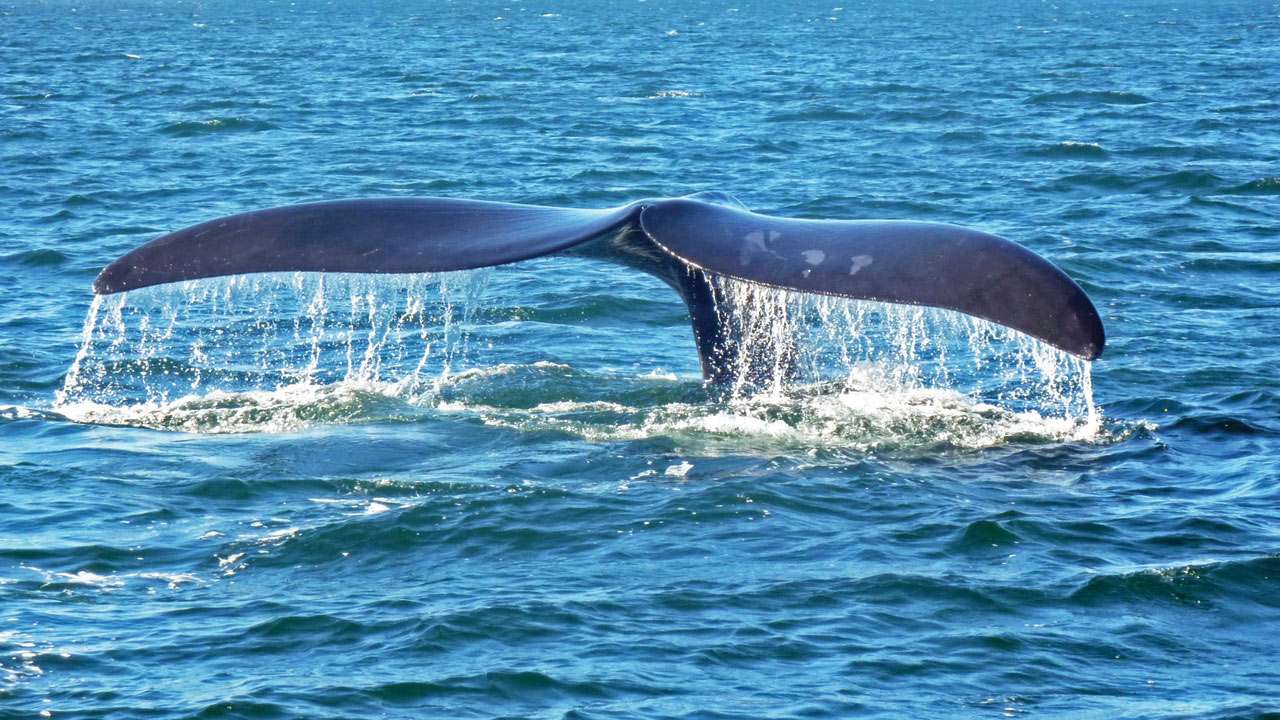
They are beautiful and majestic and integral to the marine ecosystem. But the mammoth mammals of the oceans may not survive the onslaught of human greed. Months after Japan defied the norms of the International Whaling Commission (entrusted with whale conservation), to declare its intentions of resuming commercial whaling in July, Iceland announced it will allow up to 2,000 whales to be killed in the next five years.
No wonder, the decision has drawn trenchant criticism from activists and conservationists who believe that the government is misleading people with statements like “whaling in Icelandic waters is only directed at abundant whale stocks, North Atlantic common minke whales and fin whales, it is science-based, sustainable, strictly managed and in accordance with international law”. Ironically, the presence of whales has contributed to the Icelandic economy.
Iceland has raked in $13.4 million annually through whale-watching while one of the two whaling companies Hval hf. contributed just $8.4 million. A University of Iceland report also mentioned that more people are employed in whale watching than in whale-hunting. Over the last two decades, Iceland has rapidly grown to become what is arguably the whale watching centre of Europe. But despite 300,000 people venture on whale watching trips from Icelandic harbours, annually, Icelanders remain one of only a handful of nations on earth that still hunt and kill whales.
The general population in Iceland is opposed to the whaling industry. In fact, less than 2 per cent of Icelanders consumes whale meat. The rest is either exported to Japan or served to tourists.
Come July, it will be open season in Japanese waters and the country’s exclusive economic zone when whalers will no longer be subject to prohibitions on catching certain whale species. Though several coastal communities in Japan have hunted whales for centuries, consumption of whale meat in the country surged only after World War Two when it became the main source of meat. Even then whale meat makes up only 0.1 per cent of all meat sold in Japan. But Japan has done worse! A whaling coastal town in Japan has been hunting dolphins for years. It came to light in the film The Cove (2009), which showed how dolphins were herded into a cove and then speared or knifed over the side of fishing boats. Now the dolphin hunt faces legal challenge from Action for Dolphins, an Australian-led organisation, which wants to stop this inhuman practice altogether.
Apart from displaying a high level of intelligence and self recognition, whales regulate the flow of food by helping to maintain a stable food chain and ensuring that certain animal species do not overpopulate the ocean. Research has revealed that whales recycle nutrients and enhance primary productivity, locally and on a regional scale. Whales mix the water column, and after feeding release surface plumes of fecal material. This “whale pump” supplies iron and nitrogen — essentially fertilizers — to primary producers in the surface ocean.